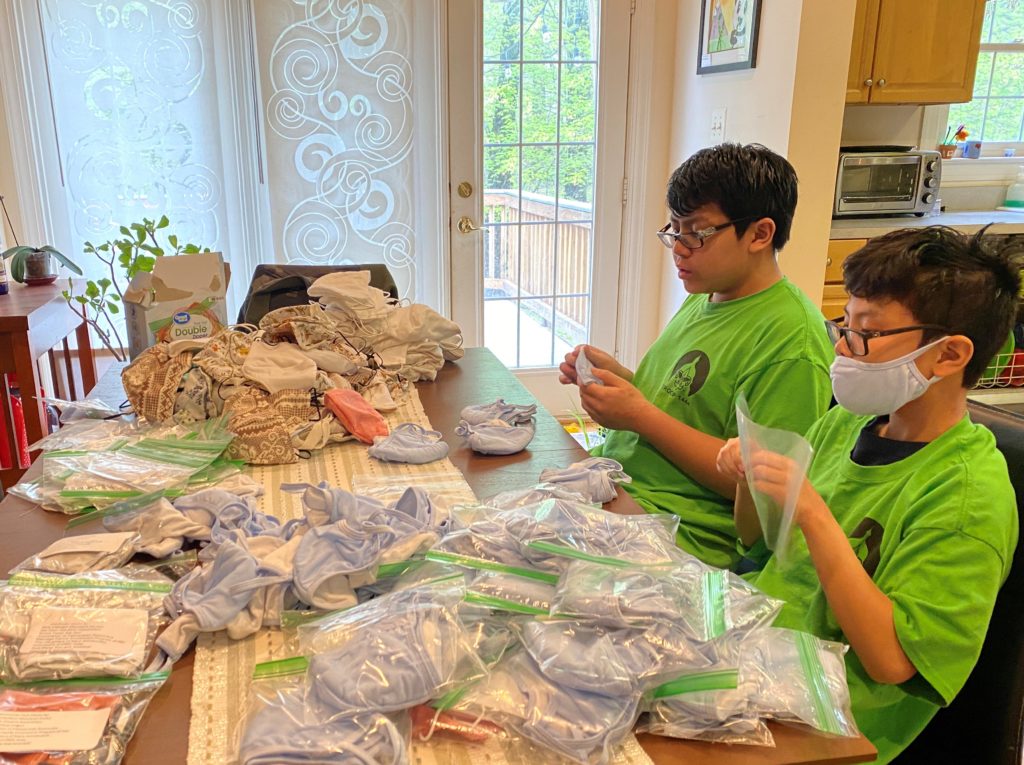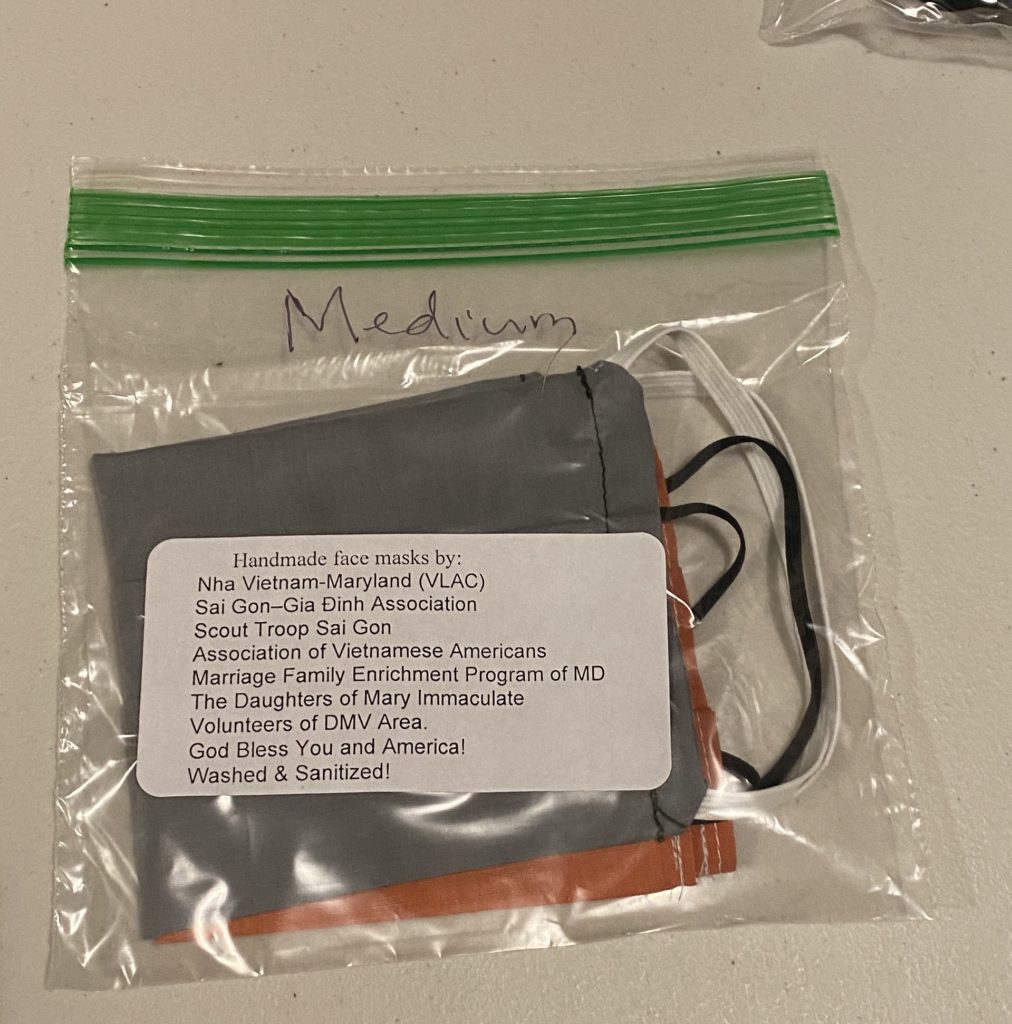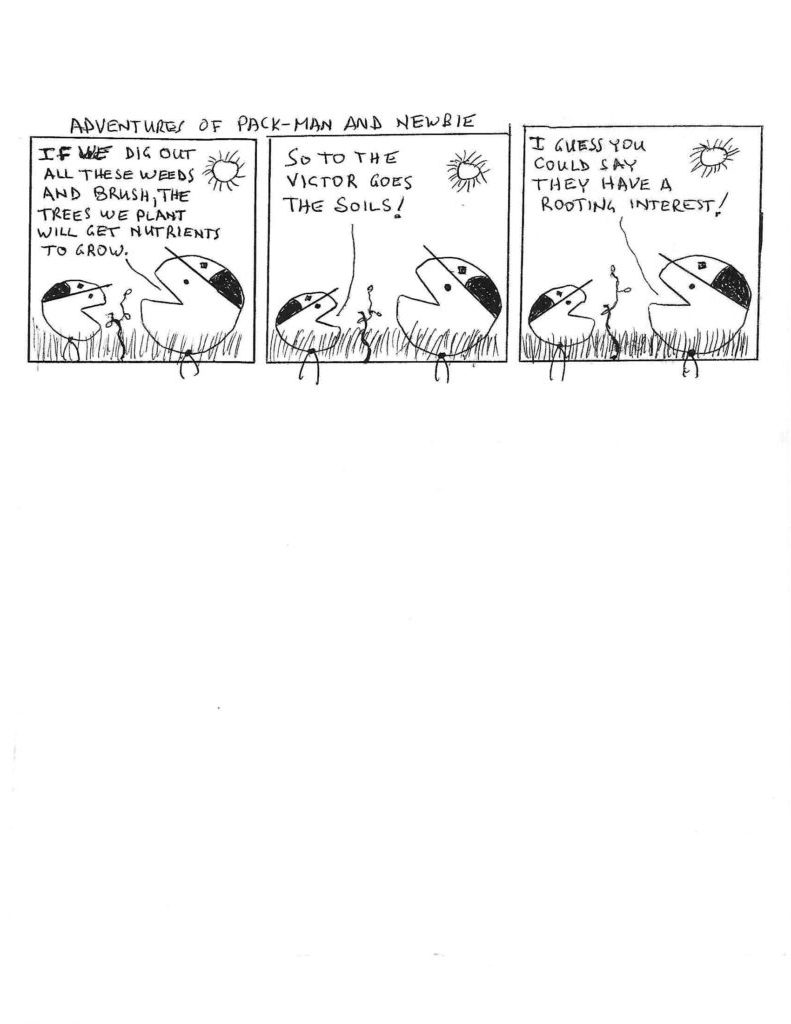The boys from Dens 6 and 7 from Troop 1344 in Burke, Va. were able to complete one of their Arrow of Light Adventures last week, despite being in lockdown to address COVID-19.
The boys had already completed most of their requirements for the Build a Better World Adventure and had scheduled a meeting with Supervisor Pat Herrity of the Fairfax County Board of Supervisors to meet the final requirement. But when the shutdown of in-person events in the National Capital Area Council cancelled that meeting, Den Leaders Kim Painter and Craig Carroll decided to see what else they could do to keep the boys engaged and moving forward.
The boys met with Supervisor Herrity on a Zoom video conference, with everyone’s parents’ permission of course. The boys were able to learn about why local government is so important (especially now), some of the challenges of being a local leader, and ask questions about many issues facing our community. Many parents joined on the conference as well, and Supervisor Herrity told all the boys how important it was to keep on the path to Eagle Scout.
Not only are the Dens continuing advancement (with an online science experiment also scheduled for later this month and many boys targeting the Townes Supernova science award), but Pack 1344 Cubmaster Chris Yurasko is leading video Scoutmaster minutes and other dens are organizing virtual Den meetings and completing requirements.
Doing their best to deal with a challenging situation, Pack 1344 is charging ahead to ensure that the boys have fun activities, and keep advancing and learning.




